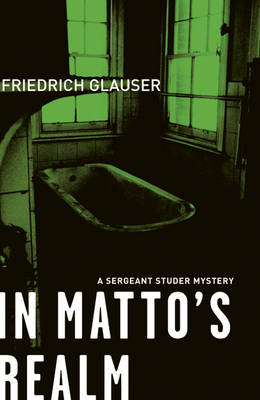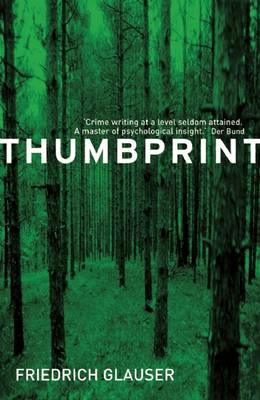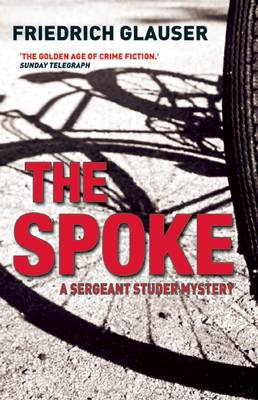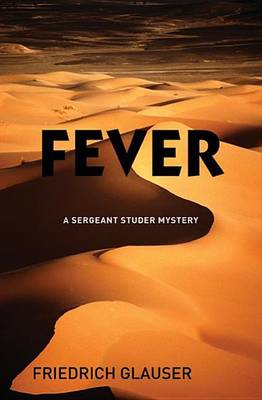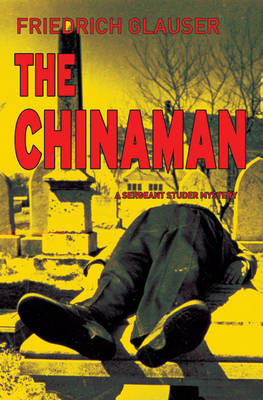A Sergeant Studer Mystery
5 total works
"It's a fine example of the craft of detective writing in a period which some regard as the golden age of crime fiction."--The Sunday Telegraph
The death of a traveling salesman appears to be an open and shut case. Studer is confronted with an obvious suspect and a confession to the murder. But nothing is what it seems. Envy, hatred, and the corrosive power of money lie just beneath the surface. Studer's investigation soon splinters the glassy facade of Switzerland's tidy villages and manicured forests.
Diagnosed a schizophrenic, addicted to morphine and opium, Friedrich Glauser spent the greater part of his life in psychiatric wards, insane asylums and prison. His acute observations conjure up a world of those at the margins of society.
